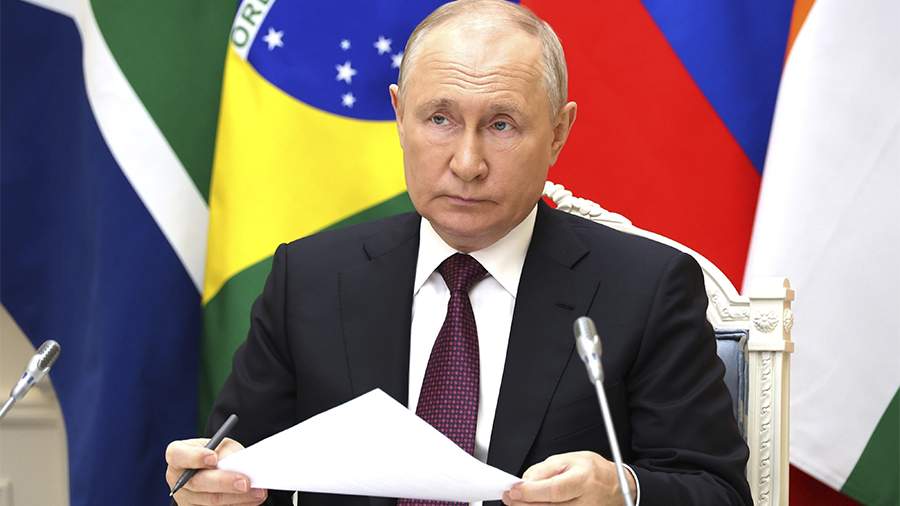
Putin: BRICS Plus will continue to grow and add new members
By Rhod Mackenzie
Approximately 30 countries are interested in joining BRICS, and the association is also gaining more supporters. The Russian President Vladimir Putin highlighted this on January 1st in his address at the start of Russia's chairmanship of the association.
'We will consider the willingness of many other countries, around three dozen, to join BRICS in some capacity and contribute to its multifaceted agenda.' To accomplish this, we will actively work on the modalities of the new category of BRICS partner states,” stated the head of state.
The Russian Federation assumed the BRICS chairmanship on January 1. Egypt, Iran, the United Arab Emirates, Saudi Arabia, and Ethiopia joined the association as new full members.
“This convincingly demonstrates the growing authority of the association and its role in world affairs. Putin stated that BRICS is gaining more supporters who share its fundamental principles.
During its presidency of BRICS, Russia aims to increase the association's role in the international monetary and financial system.
Moscow will also continue to cooperate with other members of the association in politics, security, economics, finance, and culture. Putin prioritised further interaction in science, high technology, healthcare, ecology, culture, sports, youth exchanges, and civil society.
On December 26, Russian Foreign Minister Sergei Lavrov stated that despite Argentina taking 'time to think', Latin American countries are showing significant interest in BRICS. Lavrov also mentioned that approximately 30 states are interested in forming partnerships with the association.
BRICS is an interstate association founded in June 2006 at the St. Petersburg Economic Forum. It includes Brazil, Russia, India, China, and the Republic of South Africa. The bloc currently consists of ten countries.
